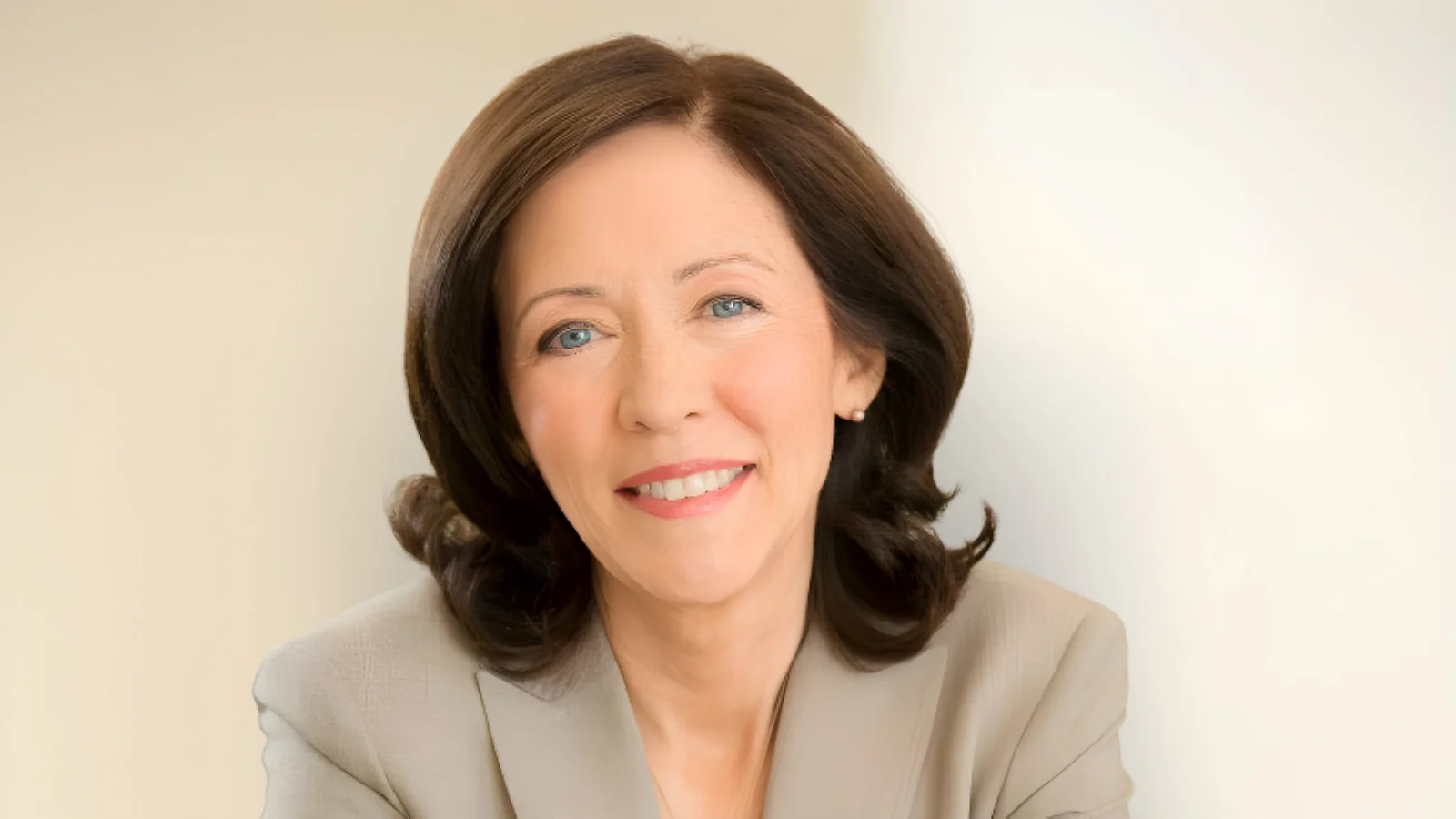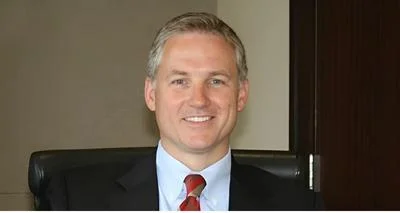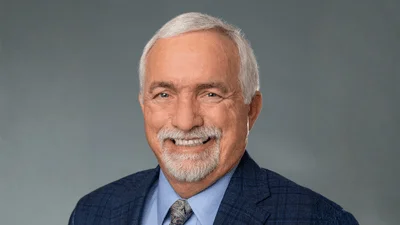U.S. Senator Maria Cantwell, the Ranking Member of the Senate Committee on Commerce, Science and Transportation, expressed concerns about the impact of artificial intelligence (AI) and politically motivated media consolidation on independent journalism during a hearing focused on government censorship.
Cantwell criticized the committee's leadership for not calling Federal Communications Commission (FCC) Chair Brendan Carr to testify. She questioned Carr’s actions, stating he used regulatory threats to silence voices that do not align with President Trump’s agenda.
“Where is Brendan Carr?” Cantwell asked during the hearing. “We might have the right hearing, but I'm not sure we have the right witnesses. We might have the right questions, but I'm not sure we have the right administration we're calling into question. I will take the opportunity to ask the witnesses about AI, about algorithms, about competition on platforms. But as we discuss censorship today, this hearing isn't serious if it ignores the ongoing corporate consolidation green-lighted by the Trump Administration, which is only approving deals that come with a political [quid] pro quo.”
Harold Feld, Senior Vice President at Public Knowledge, supported Cantwell’s view regarding media consolidation: “I cannot stress too much how consolidation – particularly in the hands of those who have proven themselves loyal to the current Administration – amplifies the ability to control content on an unprecedented scale. Congress must act as individuals and collectively, without regard to party or partisanship, to draw clear lines in the sand. Members must work to restore the independence of agencies and to set clear limits on the power of agencies to meddle in matters protected by the First Amendment.”
Cantwell cited recent decisions by federal regulators as evidence of political influence over media mergers. She pointed out that FCC Chairman Carr approved Skydance’s $8 billion acquisition of Paramount after Paramount settled financially with President Trump and appointed a Trump appointee at CBS. She also referenced FTC Chairman Ferguson's approval of Omnicom’s $13 billion acquisition of Interpublic despite concerns over market concentration.
Recent news reports suggest that senior officials from President Trump's administration are favoring certain companies in ongoing media deals such as Skydance’s pursuit of Warner Bros. Discovery and threatening regulatory barriers if their preferences are not met.
Cantwell highlighted another challenge for independent journalism: rapid adoption of AI technology alongside a weakening economic model for local news outlets.
“A July poll from the Associated Press showed that 60 percent of Americans use AI to find information,” stated Cantwell. “While AI is [a] tremendous power for good, this trend raises concerns of concentration and monopolization of that information. The amount of control in hands of just a select few could erode foundation of free speech. The First Amendment isn't just a line in Bill of Rights; it is about an operating system for our democracy that protects everybody--comedians, protesters, free press and obviously people we disagree with.”
She noted findings from Pew Research Center indicating most Americans trust local newspapers and broadcasters but emphasized local news faces major challenges: according to Medill Center research last week, 50 million Americans now lack access to local news—a record high—and revenue has shifted away from traditional outlets toward tech platforms while journalists’ work increasingly trains AI models without fair compensation.
Cantwell questioned Feld along with representatives from Meta and Google about measures needed to support diverse local journalism amid rising AI influence and industry consolidation.
“I am concerned about where we are today in state of media and diversity…we have more competition—not less competition,” she said. “That is one reason why I want Mr. Carr in this hearing room…consolidation issues are challenging enough without using coercion…what can we do in tide of AI…to make sure we are instilling more competition [and] growing more diverse media sources?”
Feld responded: “We agree that competition in AI is a critically important question...the natural network effects and access giant companies have compared to startups create an environment where natural monopolies or oligopolies would emerge...it is important...for government support open source…and provide access information used train these models...If monopoly develops...government needs keep careful eye.”
Turning her attention specifically toward platform companies’ responsibilities toward sustaining news production sources:
“I would think platforms here today would understand their seed corn is people who actually produce information…how can you continue having information if you don't have publishing sources? [W]e've had…127 newspapers close last year alone -- but 1/3 newspapers [since 2005]. So don't you think this is eating seed corn here,…how can you have perfect stack information if you're going have less information?”
Markham Erickson from Google replied: “Google is committed to a thriving news ecosystem. For 25 years users come our site…and we send them publishers all over world free charge…and those publishers able grow user base…have advertising…monetize interactions or subscriptions.”
Senator Cantwell pressed further: “So at what point do you guys care…the stack information needs be supported? If you want perfect stack…and competition…and if U.S.…to be best stack world then you have true competition voices…”
Videos related to Senator Cantwell's opening statement and Q&A session were made available online.








